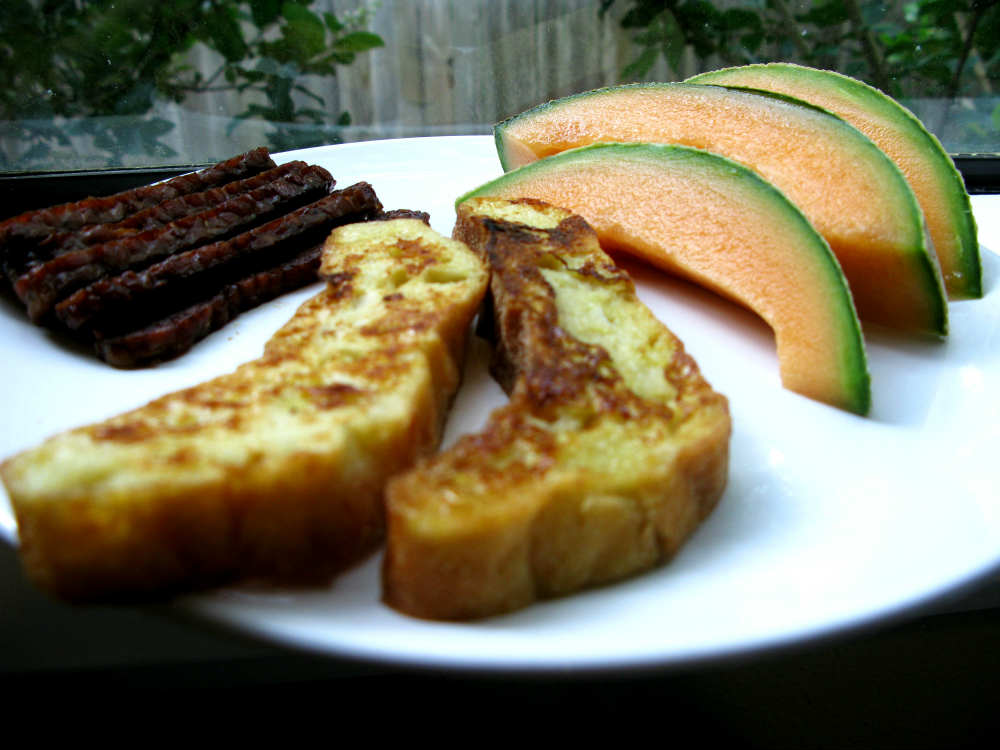
Vegetarianism is one of the hottest and controversial subjects arousing heated debates in the present day. Supporters of traditional diets note that people are carnivores that require meat to live a full-fledged life, while their opponents point out how barbaric and wasteful it is to continue eating other living beings’ flesh in the 21st century. It looks like a never-ending argument impossible to resolve. Nonetheless, more and more people decide to go vegetarian, which testifies to vegetarians’ having an upper hand in this dispute. Below are the top reasons you should consider giving up your carnivorous habits and start leading a greener and more emotionally rewarding lifestyle.
# 1 Save Your Heart
I guess I was in the 8th grade when I first learned that meat was rich in not only protein but also saturated fatty acids whose excessive consumption might lead to coronary heart disease and hypertension which is one of the leading causes of stroke. (I learned that from my teacher when working on my biology science project I successfully completed with the help of a professional essay writing service). So if you indulge yourself the pleasure of savoring fatty pork, lamb, and beef you’re running an increased risk of developing cardiovascular disease. Digestive disorders, gastrointestinal diseases, as well as elevated levels of cholesterol are also among the negative consequences of consuming meat.
As for vegetarian diets, they are considerably lower in saturated fatty acids and cholesterol and richer in unsaturated fats. Unsaturated fats help reduce notorious cholesterol and risk of heart disease. These good fats come mainly from hazelnuts, macadamia nuts, almonds, walnuts, avocados, peanut butter, flax seeds, and vegetable oil-based products. As you see, meat is by no means a source of unsaturated fatty acids which is so essential for your health and wellbeing.
# 2 Say ‘No’ to Food Poisoning
Every day, millions of people seek medical care for food poisoning, also known as foodborne illness. In almost 90% of all food poisoning cases, animal products act as a source of infection. Salmonella and E. coli tend to contaminate dairy products, eggs, poultry, and meat products whose consumption results in imminent food poisoning. Even if you succeed in destroying salmonella, which usually dies at 150°, you won’t be able to get rid of toxins secreted by bacteria. Needless to say, if you’re a confirmed meat eater, the risk of eating a contaminated product increases. You’ll never be able to identify spoiled meat in beef stew or fish infected with parasites in your favorite sushi or sashimi, whereas you’ll surely tell spoiled fruit in a dessert or rotten apples in your pie. So, if you want to forget about food poisoning, it’s about time you considered switching to a vegetarian diet.
# 3 Save Lives
We’re not talking about your life, but the lives of hundreds, thousands, and millions of animals who are raised to satisfy the hunger of humankind, at least its carnivorous population. Those concerned with animal wellbeing urge people to stop consuming meat and save animals from inhuman treatment and cruelty. It’s not a secret that animal rights are the last concern for those who breed animals for meat. Many tend to resort to a popular excuse “If I don’t eat them someone else will.” But they forget that Rome wasn’t built in a day. Some thirty years ago, vegetarianism was thought to be more of a fad than a moral conviction. Fortunately, times tend to change. According to the latest estimates, a third of Britons have stopped or cut down on meat in the last five years. This fact shows that people tend to follow the example of those who have realized how harmful and inhumane meat-eating is. So, if you choose to refuse to eat meat you’ll not only save animals but also set a good example for those hesitant about cutting back on meat and animal products.
# 4 Protect The Environment and Help Combat World Hunger
Meat production is all about wasting natural resources. Countless acres of forests are chopped down to graze animals and grow feed crops. Millions of gallons of water are used to breed poultry, cows, sheep, and pigs that end up being slaughtered and eaten. Livestock’s contribution to polluting the environment and global warming is about 20% of the global total. It means that industries breeding animals for meat are responsible for producing more greenhouse and other climate changing gases than all the vehicles in the world.
Almost every 4 seconds a person dies of hunger on earth, while almost half of the planet’s land is used to grow grain to feed livestock. If those crops were fed to people, not animals, humanity would be able to provide more than enough food to those 800 million people facing starvation. By opting for vegetarianism, you won’t only alleviate the burden imposed on our environment but also take a small step towards feeding more humans on earth.